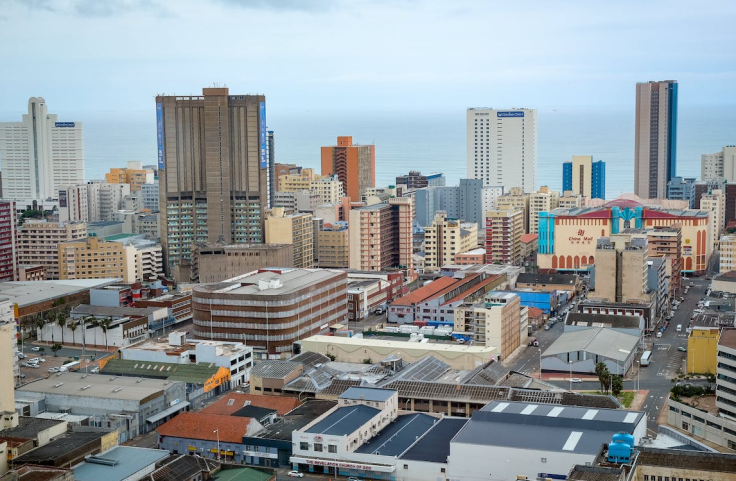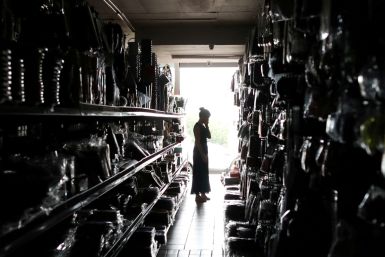Government Invested R69 Billion In Public Transport: Transport Minister Chikunga

The government invested a total of R69 billion in public transport to improve infrastructure and operations, making it easier for people to access and use public transport.
Speaking at a media briefing on the transport sector, Transport Minister Sindisiwe Chikunga said that from 2006 to 2024, R55 billion was spent in 13 cities.
The investment led to the development of 131 stations, 253 kilometers of dedicated and bidirectional trunk routes, 302 kilometers of mixed traffic by-directional trunk routes and 260 kilometers of two-way paths for cycling, walking and other non-motorized mobility.
Furthermore, 2,628 bus stops and 11 depots were built, which were used by 44 million passengers in 2023-24. Integrated Public Transport Networks (IPTNs) now operate for 14 to 20 hours a day with about 1,020 vehicles.
Eight cities - including Cape Town, Johannesburg, Tshwane, Ekurhuleni, George, Polokwane, Nelson Mandela Bay, and Rustenburg - are currently in the initial phases of implementing and planning expansions of these transport networks.
"It must also be noted that 14 Vehicle Operating Companies have been established and contracted by municipalities to provide public transport services in IPTNs," Chikunga said, SA News reported.
She added, "The most important benefit has been the formalization of informal taxi operators and their economic empowerment in the IPTN. The majority of these Vehicle Operating Centers are run by taxi operators."
The minister shared that so far, out of a goal to scrap 135,894 old taxi vehicles, 83,713 taxis have been scrapped. Through the Taxi Recapitalisation Programme (TRP), operators have received approximately R5.9 billion in payments.
Furthermore, the Department of Transport has pledged support for several business initiatives in the taxi industry. One such initiative is the Taxi Broad-Based Ownership Structure, where the taxi industry owns 60% of the entity responsible for scrapping taxis while a technical partner owns the remaining 40%. A Memorandum of Agreement has been signed between the parties involved.
Chikunga mentioned that once the Economic Regulation of Transport Bill is signed into law by the President, it will unify and streamline the economic regulation of transport under a single framework and policy.
"It aims to primarily promote the development of a competitive, efficient, and viable South African transport industry, contributing to economic growth and development," the minister said.
© Copyright 2025 IBTimes ZA. All rights reserved.


















